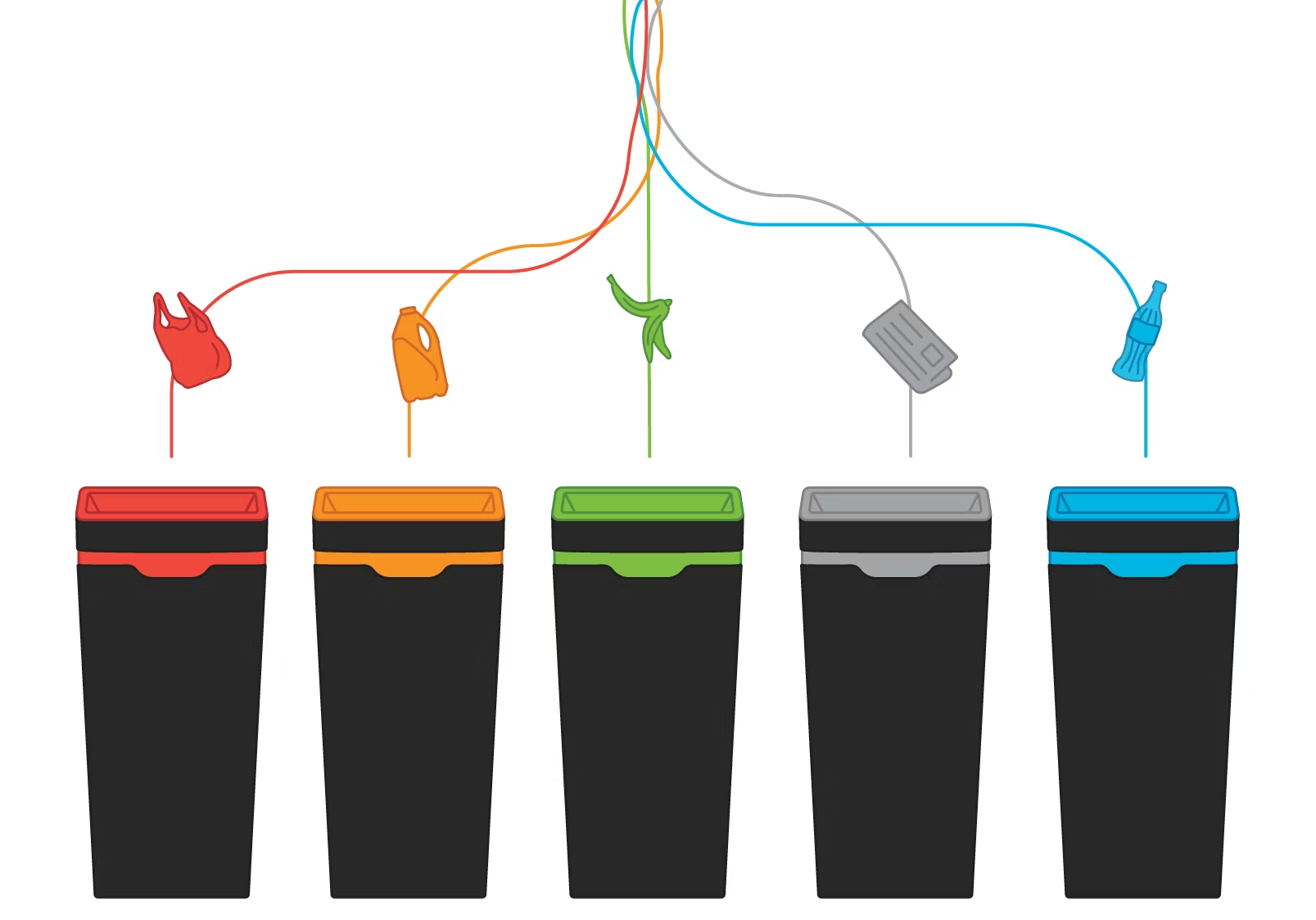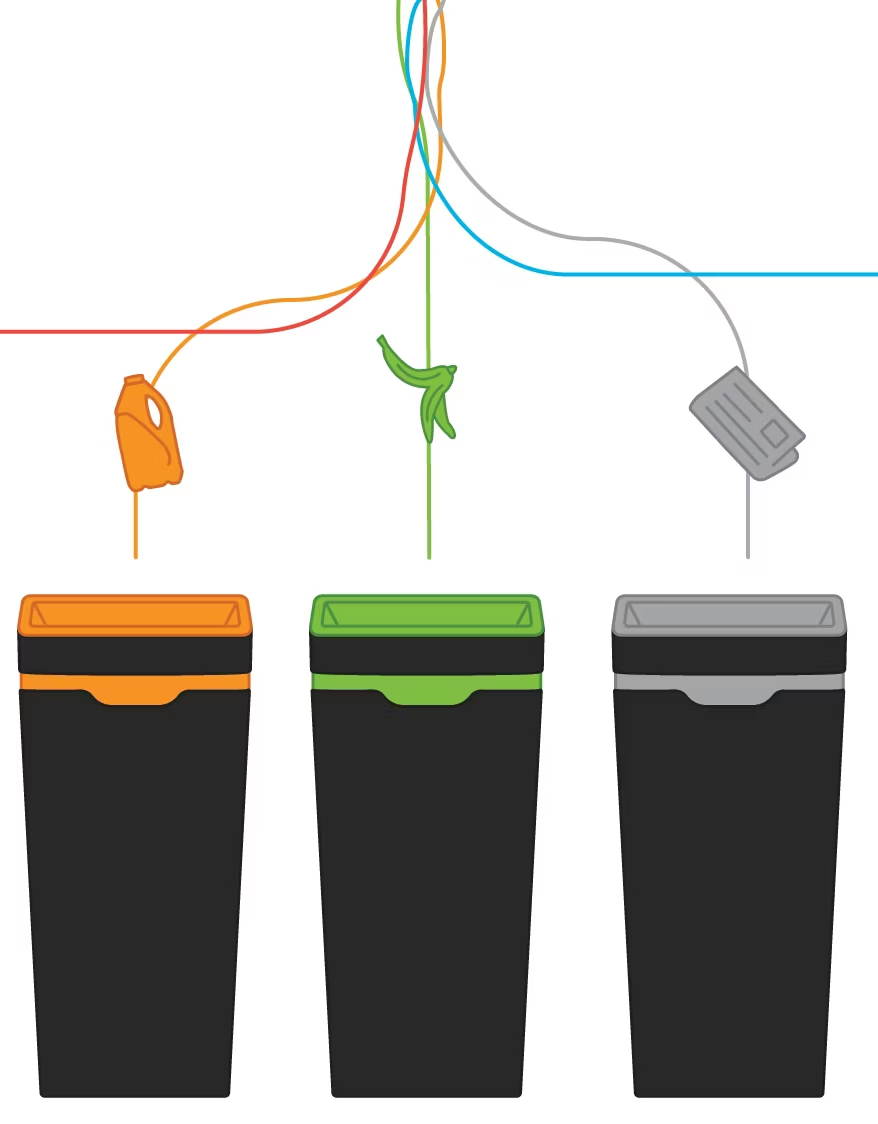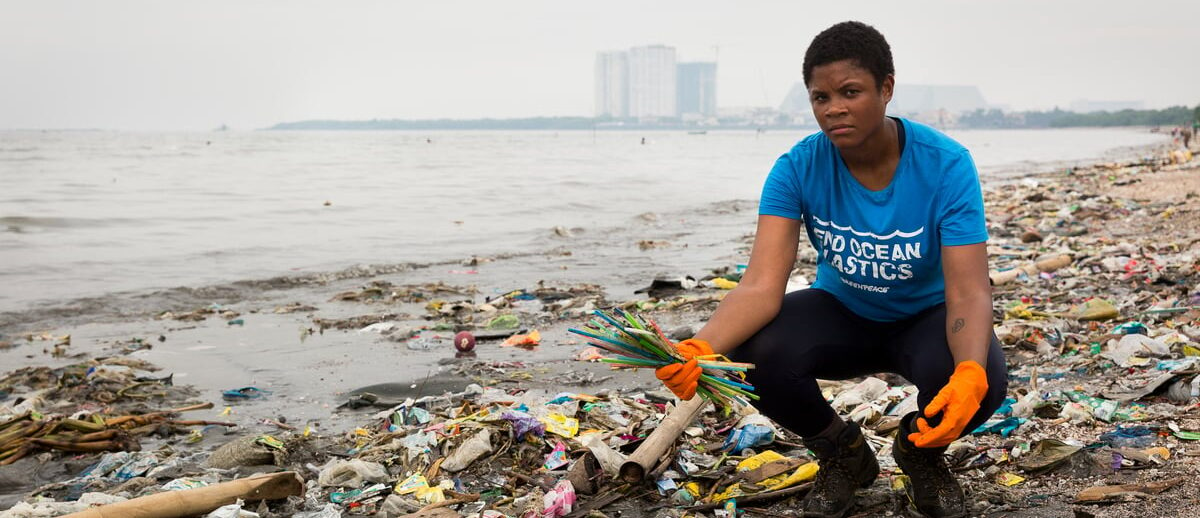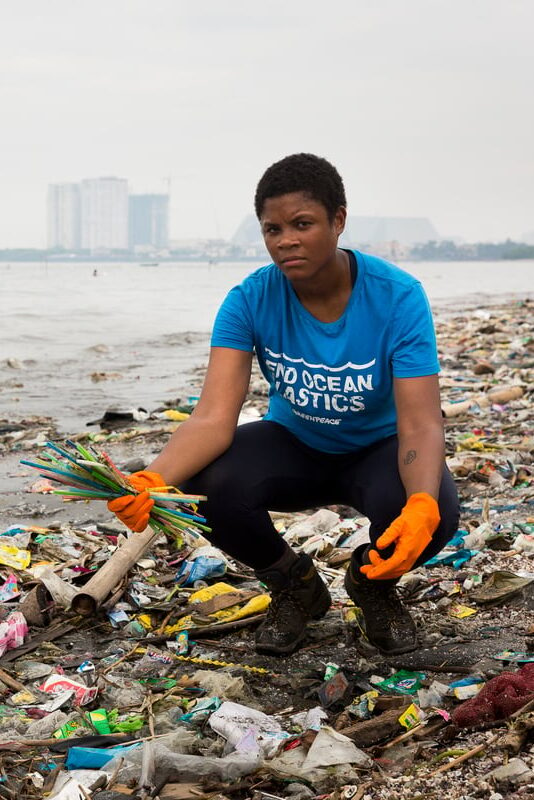

Blogs


News updates

Why is World Cleanup Day so important?
Every piece of litter has an impact. Here’s why your action matters:
Past results show the power of collective action
World Cleanup Day keeps growing year after year. Here are some key highlights:
These numbers prove one thing: together, we can make a real difference.

World Cleanup Day is the largest global cleanup event dedicated to fighting litter. On this day, millions of people in over 190 countries take to the streets to clean up parks, rivers, beaches, and neighborhoods.
The goal is simple: create a cleaner planet and raise awareness about plastic pollution and waste problems.
In 2024, the United Nations officially recognized World Cleanup Day as an international day. That shows just how powerful this movement has become!

This year, the focus is on textile waste. Fast fashion and old clothes contribute massively to global waste.
By recycling, swapping, or donating clothes, we can save raw materials and reduce our environmental impact.
Expect special cleanup events focused on clothing waste and raising awareness about the fashion industry’s footprint.
How can you join World Cleanup Day 2025?
You don’t need much to get involved just a bit of time and the will to make a difference:
1. Join a local event
Check the official website or your local community boards to find a cleanup near you.
2. Organize your own cleanup
Gather friends, neighbors, or coworkers. Choose a spot, grab gloves and bags, and start cleaning!
3. Share your impact
Post photos of your cleanup on social media using #WorldCleanupDay. You’ll inspire others to take part too.
Keep the momentum going all year
World Cleanup Day is just the beginning. Here’s how to keep making a difference:
World Cleanup Day is your chance to take action for a cleaner, more sustainable world. Together, we can remove tons of waste from nature and spark long-term change.
Other articles